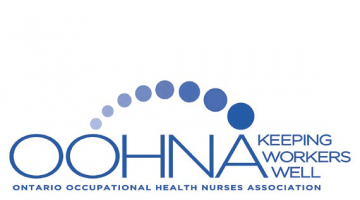Mental health in the workplace
Workplaces play a dual role in the area of mental health. On the one hand, they can be a stressful environment that contributes to mental health problems among workers. On the other hand, they can play an important part in helping to detect and manage mental health problems when they arise among workers, and in ensuring the healthy recovery and return of workers who are off work due to a mental health issue. IWH research in this area helps paint a clearer picture of the prevalence of mental health problems among workers, the types of labour force and workplace factors that may contribute to poor mental health, and the workplace-based and system prevention efforts that can help improve the mental health of workers and ensure they have the proper supports when needed.
Featured

Understanding PTSI program implementation processes in Alberta first responder organizations

Mental health of Canadians who work from home no better or worse than those working outside the home
Effectiveness of workplace interventions in return-to-work for musculoskeletal, pain-related and mental health conditions: an update of the evidence and messages for practitioners
Early-claim modifiable factors associated with return-to-work self-efficacy among workers injured at work: are there differences between psychological and musculoskeletal injuries?

Proving mental illness diagnosis, duration a challenge for income support programs

Therapy can help manage depression, but in Manitoba, access to therapists is a concern
Designing disability income support policy for mental illness
Managing depression in the workplace: a systematic review contextualized for Manitoba
Effective workplace-based return-to-work interventions: a systematic review update
Accommodating and Communicating about Episodic Disabilities (ACED): A partnership to deliver workplace resources to sustain employment of people with chronic, episodic conditions
Identifying and implementing current practices in supporting workers with depression
